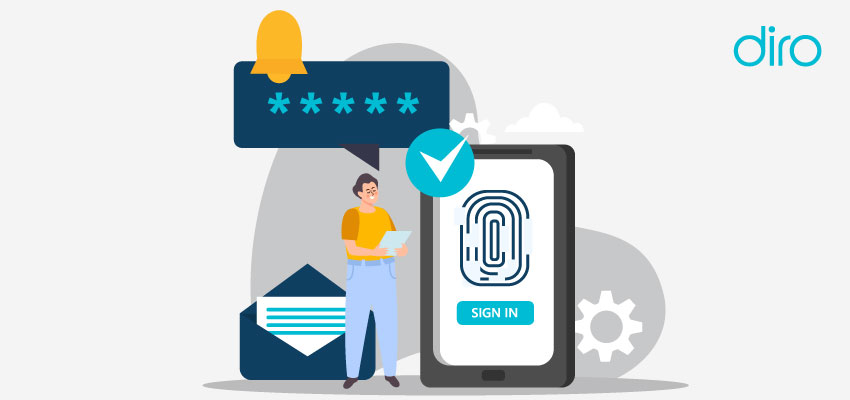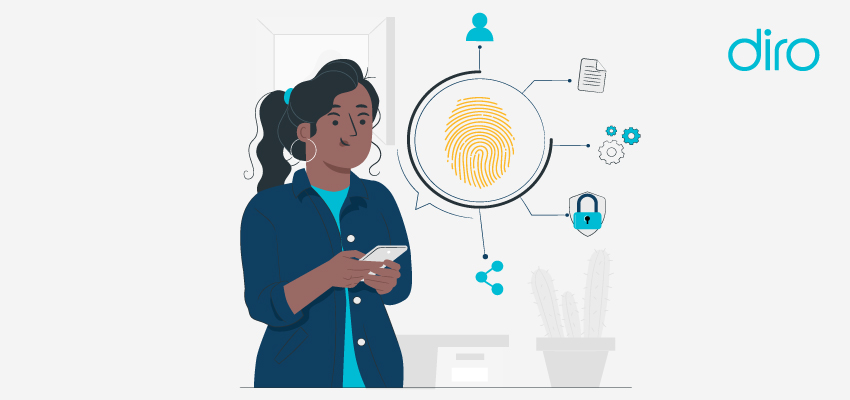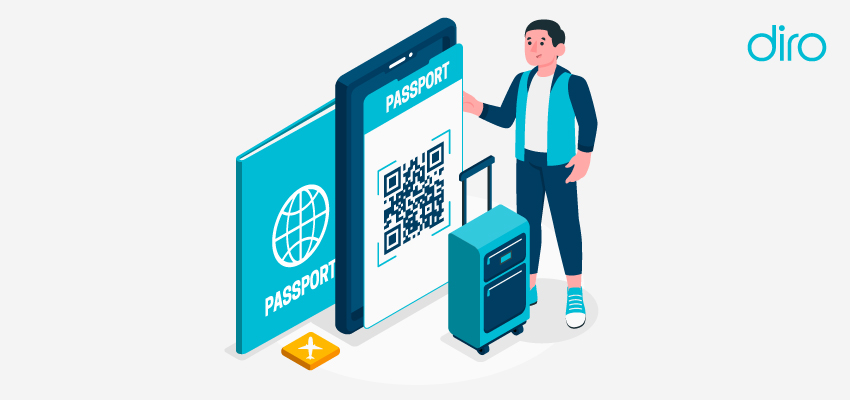Social Security Number Verification

A Social Security Number (SSN) is a crucial identification method in the United States. Applying for government services, taxation, and employment is almost impossible without verifying an SSN. Businesses need to verify the legitimacy of an SSN before conducting business and onboarding customers.
In this blog, we will explore everything you need to know about Social Security number verification. Let’s begin.
What is a Social Security Number?
A Social Security Number is a nine-digit number issued to U.S. citizens, permanent residents, and certain temporary residents.
It is used primarily to track individuals for Social Security purposes, but it has become a de facto national identification number for taxation and other purposes.
Why is SSN Verification Important?
Employers must verify the SSNs of their employees to ensure they are eligible to work in the United States. This helps prevent the employment of unauthorized workers and ensures compliance with federal laws.
- Identity Verification
SSNs are often used to verify an individual’s identity for various services, including opening bank accounts, applying for loans, and renting properties. Accurate verification helps prevent identity theft and fraud.
- Accurate Tax Reporting
For tax purposes, both employers and individuals must provide accurate SSNs to ensure proper reporting of income and taxes to the Internal Revenue Service (IRS).
- Government Benefits
SSNs are used to determine eligibility for Social Security benefits, Medicare, and other government programs. Verification ensures that benefits are paid to the correct individuals.
Methods of SSN Verification
Several methods and services are available to verify SSNs, catering to different needs and requirements:
- Social Security Administration (SSA) Services
- Social Security Number Verification Service (SSNVS)
This service is available to employers and certain third-party submitters for verifying the names and SSNs of employees against SSA records.
- Consent-Based SSN Verification (CBSV)
This service allows permitted entities to verify if an SSN matches SSA records, provided the SSN holder’s consent is obtained.
- E-Verify
E-Verify is an online system run by the Department of Homeland Security (DHS) in partnership with the SSA. It allows employers to confirm the eligibility of their employees to work in the United States by verifying the information provided on the Form I-9.
- Third-Party Verification Services
Various private companies offer SSN verification services, often bundled with other identity verification and background check services. These can be useful for employers, landlords, and financial institutions.
Best Practices for SSN Verification
To ensure the accuracy and security of SSN verification, consider the following best practices:
- Use Authorized Services
Always use legitimate, authorized services for SSN verification, such as SSNVS, CBSV, or E-Verify. Avoid using unverified third-party services that may not comply with legal standards.
- Obtain Consent
For services requiring the SSN holder’s consent, ensure that you obtain and document explicit permission. This is crucial for compliance and maintaining trust.
- Protect Sensitive Information
SSNs are sensitive information and should be handled with the utmost care. Ensure that all data is encrypted during transmission and stored securely.
- Regular Audits and Updates
Regular audit verification processes and update your practices to comply with the latest regulations and standards. This helps maintain the integrity of your verification system.
- Train Employees
Educate employees involved in the verification process about the importance of SSN verification, the proper methods, and the legal implications of mishandling SSNs.
Common Challenges in SSN Verification
- Data Entry Errors
Human errors in data entry can lead to verification failures. Implementing double-check systems and automated verification tools can help minimize these errors.
- Fraudulent SSNs
Fraudsters may use stolen or fake SSNs. Using comprehensive verification services and additional identity verification methods can help detect and prevent fraud.
- Changing Regulations
Keeping up with the ever-changing regulations surrounding SSN verification can be challenging. Regular training and updates to your verification procedures are necessary to stay compliant.
Conclusion
Social Security Number verification is a critical aspect of identity verification and compliance in the United States. By understanding the methods, best practices, and challenges associated with SSN verification, individuals and organizations can protect themselves from fraud, ensure compliance with regulations, and contribute to the integrity of the social security system.
Whether you’re an employer verifying new hires, a landlord screening tenants, or an individual safeguarding your identity, proper SSN verification is essential. Use authorized services, protect sensitive information, and stay informed about the latest regulations to ensure accurate and secure verification processes.












